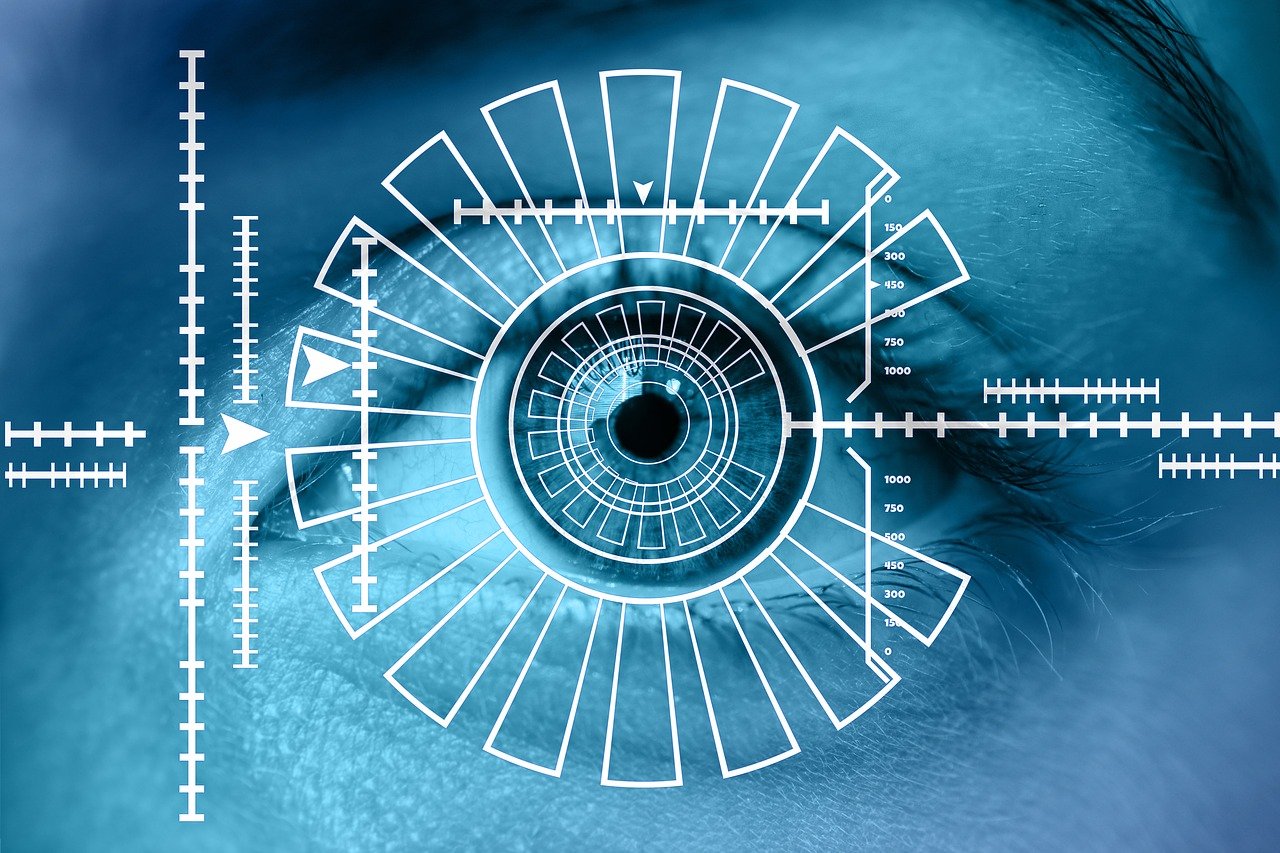Aggregated News

Places around the world are using biometric technologies for coronavirus contact tracing and surveillance. For example, a municipality in South Korea is expected to roll out a program that uses facial recognition to track infected people. Other countries plan to implement, or have already implemented, similar systems, and some U.S. states are moving in that direction. Companies are developing facial recognition systems equipped with body temperature sensing capabilities, and Seychelles International Airport just implemented such a system for traveler health screening.
Legal experts and advocacy groups have said these systems raise concerns about privacy, data collection without consent, expanding government surveillance and discrimination against marginalized groups. Studies show that facial recognition technologies are more likely to misidentify women, the elderly and Black, Asian and Indigenous people. Biometric systems used for contact tracing could also expand beyond their original purposes. After all, biometric coronavirus tracking systems often rely on preexisting infrastructures, like closed-circuit television (CCTV) systems, originally created for other reasons.
And history indicates that these fears are well-founded. While the technology may be new, using biometrics to respond...



